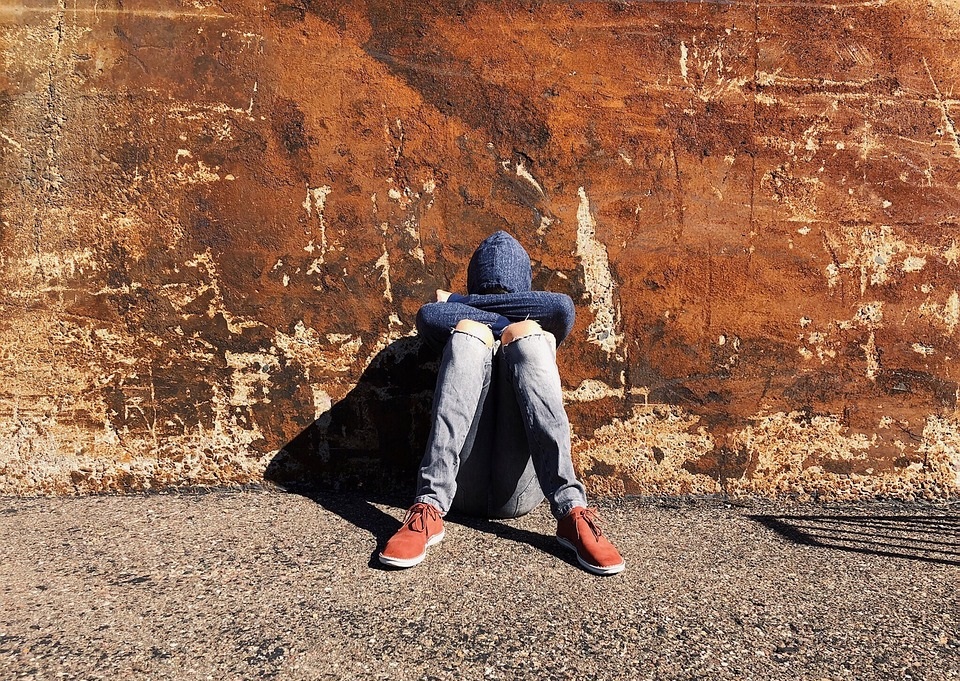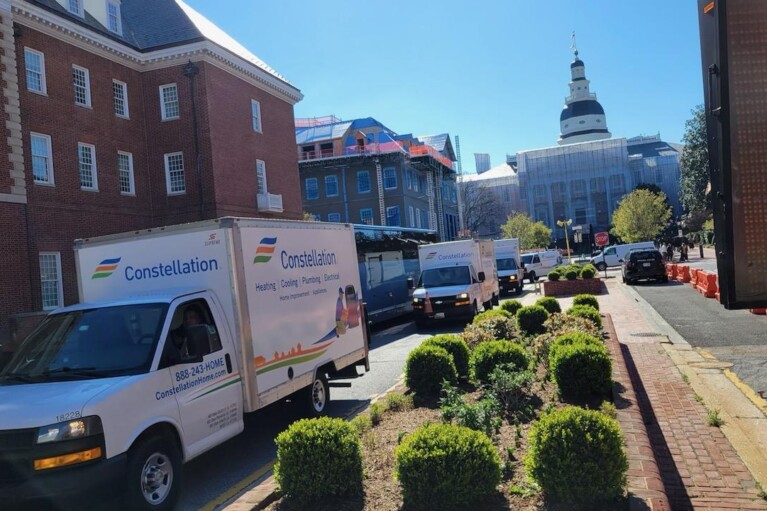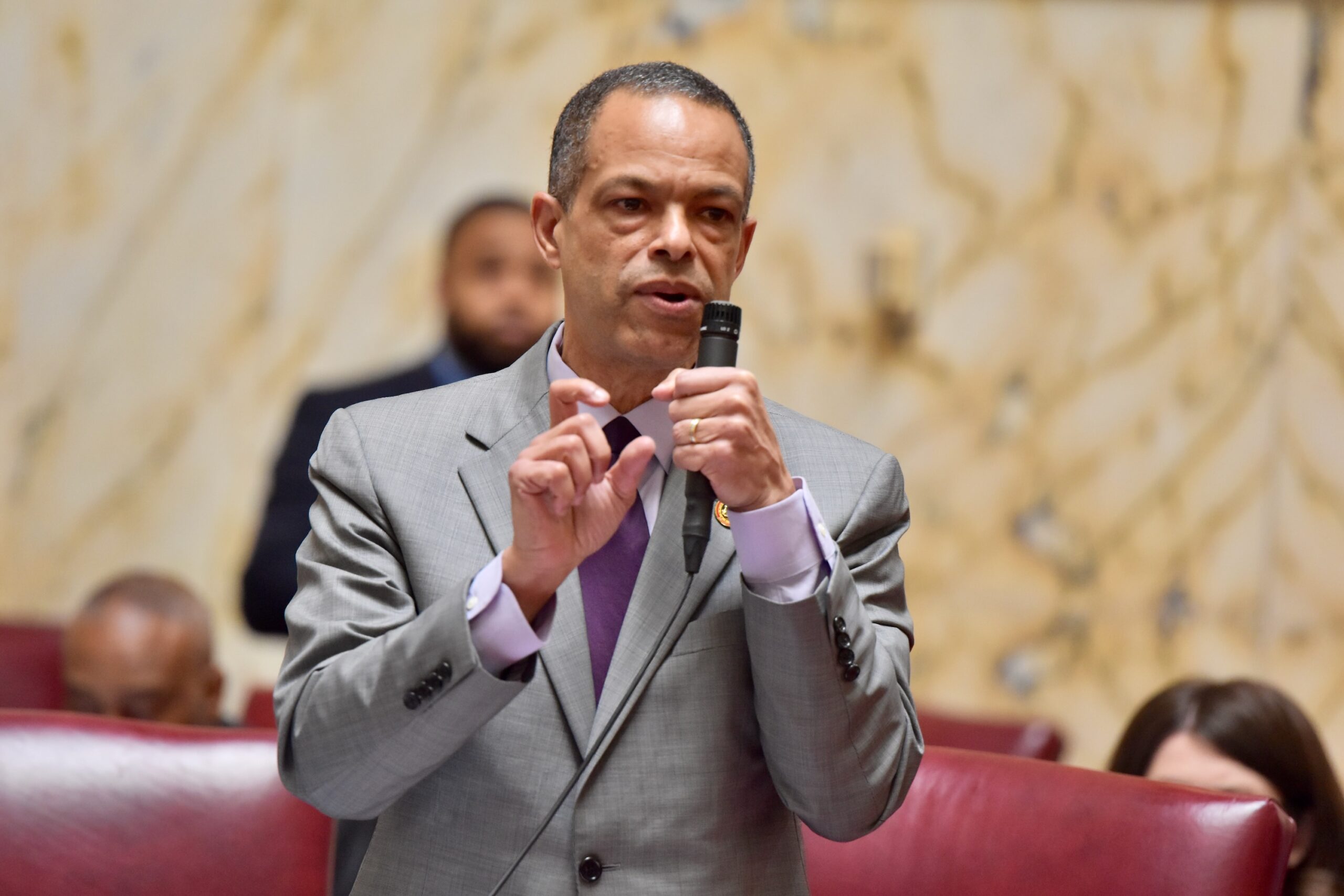
By Natalie Busath, Loraine Arikat, Sen. Malcolm L. Augustine and Del. T. Robbyn Lewis
Busath and Arikat are Johns Hopkins Bloomberg School of Public Health Master of Public Health students with backgrounds in social work. They serve as Health Policy Fellows with the offices of Augustine and Lewis, respectively. Augustine, a Democrat, represents Prince George’s County’s District 47. Lewis, Democrat, represents Baltimore City’s District 46.
Mental health struggles affect everyone and too often, we suffer in silence. In Maryland, 1 in 5 live in an area with a severe shortage of mental health providers. Among those experiencing mental illness, 1 in 4 report unmet treatment needs.
The COVID-19 pandemic has imposed even more suffering and hardship, leaving Marylanders to jump through hoops to get basic access to affordable mental health and substance use care. Those who can’t find care or can’t afford to pay out of pocket may end up paying with their health, or with their lives.
While this is an issue across the country, coverage disparities in Maryland are nearly twice the national average. Marylanders are 10 times more likely to be forced out of network for behavioral health office visits when compared to primary care visits — the type of care needed to prevent a behavioral health crisis.
Once in crisis, Marylanders are nine times more likely to be forced out of network for inpatient care when compared to medical/surgical care.
This is unacceptable in a state with the third highest rate of deaths by overdose in the country — a rate which reached a record high in 2020.
In response, Del. Lewis and Sen. Augustine have introduced HB517 and SB460 that would establish a Consumer Health Access Program, or CHAP, to connect Marylanders with mental health and substance use services, and also navigate insurance-related barriers on their behalf — much like a similar program established successfully in New York.
CHAP would offer a centralized point of contact for all Marylanders — regardless of their insurance type — while also promoting equity in access to care by partnering with community-based organizations in each of Maryland’s eight connector entity regions.
CHAP would also be staffed by those who have experience with mental illness or substance use disorder to reduce the stigma associated with seeking help. CHAP’s hotline number would help consumers experiencing discrimination — for example, with higher copays, fewer in-network providers, lower reimbursement rates or stricter treatment limitations.
CHAP would weave together existing resources so that fewer Marylanders fall through the cracks on their pathways to care.
For example, the Health Education Advocacy Unit of the Maryland Attorney General’s Office offers a fantastic resource to help those with state-regulated private insurance. However, this leaves out 1 in 3 Marylanders with public insurance like Medicare and Medicaid. While HEAU can help appeal denied claims, they cannot represent individuals in any action related to state and federal parity laws.
Many community-based organizations currently provide outreach for insurance enrollment and finding local care, yet often don’t have the expertise needed to help those with mental health and substance use conditions, let alone protect their rights under parity law.
CHAP would bring legal expertise and local outreach together so that communities across Maryland are empowered to protect their rights under state and federal parity law.
It’s time we break the barriers to life-saving mental health and substance use care for those in need. With passage of the Consumer Health Access Program legislation, Marylanders will no longer suffer in silence.




 Creative Commons Attribution
Creative Commons Attribution